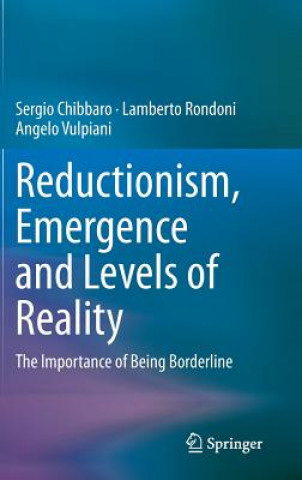
Kód: 02559204
Reductionism, Emergence and Levels of Reality
Autor Sergio Chibbaro, Lamberto Rondoni, Angelo Vulpiani
The attempt to explain the sensible world in terms of a few unifying principles has been a constant of scientific thought. In the fifth century B.C. Democritus boldly hypothesized that reality, which appears so varied and changeab ... celý popis
- Jazyk:
 Angličtina
Angličtina - Vazba: Pevná
- Počet stran: 154
Nakladatelství: Springer International Publishing AG, 2014
- Více informací o knize

5094 Kč

Skladem u dodavatele v malém množství
Odesíláme za 12-17 dnů
Potřebujete více kusů?Máte-li zájem o více kusů, prověřte, prosím, nejprve dostupnost titulu na naši zákaznické podpoře.
Přidat mezi přání
Mohlo by se vám také líbit
Dárkový poukaz: Radost zaručena
- Darujte poukaz v libovolné hodnotě a my se postaráme o zbytek.
- Poukaz se vztahuje na celou naši nabídku.
- Elektronický poukaz vytisknete z e-mailu a můžete ihned darovat.
- Platnost poukazu je 12 měsíců od data vystavení.
Více informací o knize Reductionism, Emergence and Levels of Reality
Nákupem získáte 509 bodů
 Anotace knihy
Anotace knihy
The attempt to explain the sensible world in terms of a few unifying principles has been a constant of scientific thought. In the fifth century B.C. Democritus boldly hypothesized that reality, which appears so varied and changeable, is nothing but a collection of indivisible and eternal parts or atoms. Over the centuries, despite the ups and downs, the doctrine of Democritus, has been a landmark of science, and in physics there has been a great deal of progress thanks to the clear distinction that has been made between subjective perception and objective reality. The founder of atomism formulated in a very clear fashion the problem that will be discussed in this book: the issue of theory reduction in physics. The idea, in its simplest form, is that the whole is nothing more than the sum of the parts; that is, the behavior of things is directly determined by the properties of their elementary constituents. The properties observed at the level of the whole are related to the properties at a lower level of observation, which hence seem to be more fundamental. Reductionism is the activity concerned with the relation between different theories that attempt to describe different levels of reality or different levels of observation and through a qualitative leap consisting of simplifications and extrapolations, ultimately to relate the different sciences: psychology, physiology, biology, chemistry and physics. The reality certainly shows a complicated (or complex?) structure of relations, and the dream of a unified interpretation of all phenomena in terms of several simple laws, from which all can be deduced, has attracted and continues to attract almost anyone who has genuine philosophical and scientific interests. If the most radical reductionist point of view was correct, the relationship between the different scientific disciplines would be of strictly inclusive type: chemistry contained in physics, biology in chemistry and so on. Eventually, only one science, indeed just a single theory, would survive, since all the others would eventually be embedded in the Theory of Everything. Is the current coexistence of different sciences a mere historical parenthesis which will end when the Theory of Everything has been worked out? At the same time, it seems that at every moment in history, some have doubted the possibility of a unified description of nature, and not only among scientists of little formalized disciplines, i.e. with a mathematical apparatus less advanced than that of physics, such as biology.§The analysis of full reductionism is beyond the scope of any essay of limited size. Therefore the first purpose of this book is to analyze some aspects of theory reduction in physics and to stimulate some reflection on questions that spontaneously arise in this field: Is there any evidence of actual reduction of theories? Are the examples that are found in books on the philosophy of science too simplistic or not completely correct? If the microscopic level is essential to determine the macroscopic one, why have we understood hydrodynamics quite well for centuries? What has been endangered by the search for (the) ultimate truth? Has the dream of reductionist reason created any monsters? Is big science one such monster? What is the point of embedding science Y within science X, if predictions concerning science Y cannot be made starting from science X?§
 Parametry knihy
Parametry knihy
Zařazení knihy Knihy v angličtině Mathematics & science Science: general issues Philosophy of science
5094 Kč
- Plný název: Reductionism, Emergence and Levels of Reality
- Podnázev: The Importance of Being Borderline
- Autor: Sergio Chibbaro, Lamberto Rondoni, Angelo Vulpiani
- Jazyk:
 Angličtina
Angličtina - Vazba: Pevná
- Počet stran: 154
- EAN: 9783319063607
- ISBN: 331906360X
- ID: 02559204
- Nakladatelství: Springer International Publishing AG
- Hmotnost: 390 g
- Rozměry: 245 × 176 × 12 mm
- Datum vydání: 28. May 2014
Oblíbené z jiného soudku
-

Order Out of Chaos
761 Kč -

Life 3.0
306 Kč -

Enlightenment Now
420 Kč -
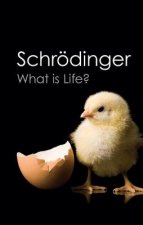
What is Life?
468 Kč -
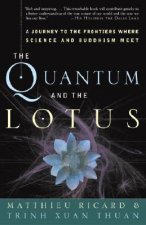
Quantum and the Lotus
365 Kč -
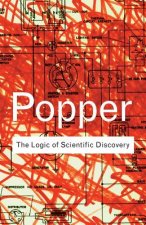
Logic of Scientific Discovery
673 Kč -
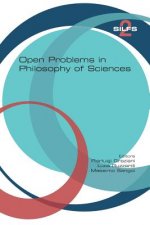
Open Problems in Philosophy of Sciences
650 Kč -
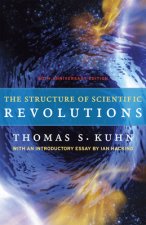
Structure of Scientific Revolutions
352 Kč -
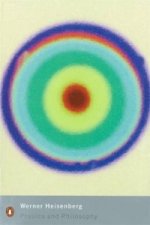
Physics and Philosophy
303 Kč -

Arts of Living on a Damaged Planet
729 Kč -

Everything You Know Is Wrong, Book 1
428 Kč -
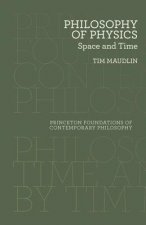
Philosophy of Physics
624 Kč -

Quark And The Jaguar
384 Kč -
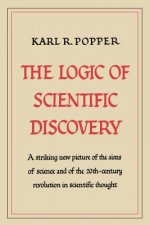
Logic of Scientific Discovery
515 Kč -
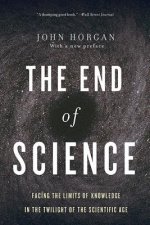
End Of Science
679 Kč -

Wholeness of Nature
544 Kč -
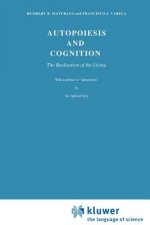
Autopoiesis and Cognition
6578 Kč -

Innermost Kernel
4575 Kč -
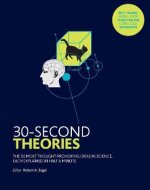
30-Second Theories
312 Kč -
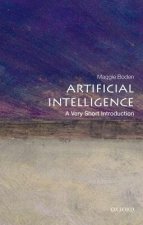
Artificial Intelligence: A Very Short Introduction
250 Kč -
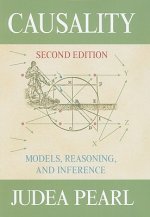
Causality
1758 Kč -
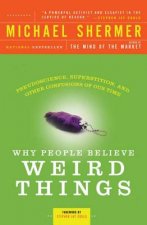
Why People Believe Weird Things
505 Kč -

Social Physics
399 Kč -
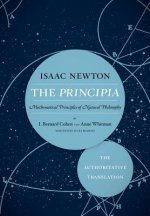
Principia: The Authoritative Translation
470 Kč -
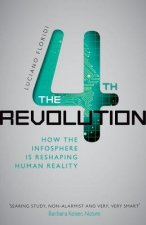
Fourth Revolution
330 Kč -
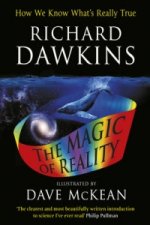
Magic of Reality
410 Kč -

Paleontology
910 Kč -
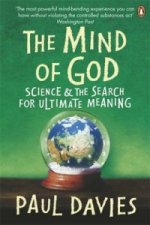
Mind of God
303 Kč -
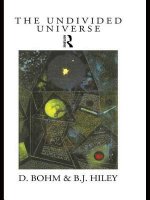
Undivided Universe
1705 Kč -
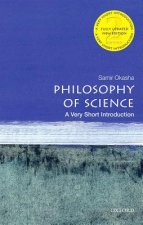
Philosophy of Science: Very Short Introduction
250 Kč -
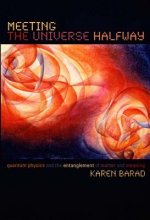
Meeting the Universe Halfway
961 Kč -

Oxford Handbook of the History of Physics
1650 Kč -
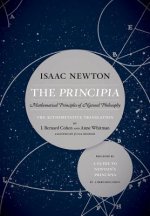
Principia: The Authoritative Translation and Guide
930 Kč -
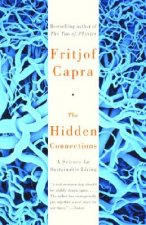
The Hidden Connections
510 Kč -

English Transcription Course
1404 Kč -
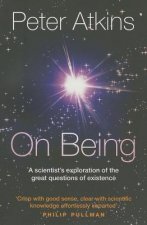
On Being
287 Kč -
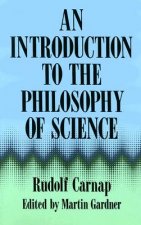
Introduction to the Philosophy of Science
409 Kč -
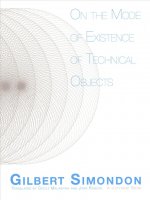
On the Mode of Existence of Technical Objects
872 Kč -
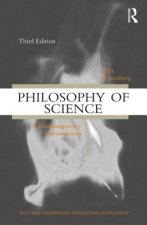
Philosophy of Science
1601 Kč -
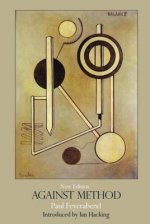
Against Method
2693 Kč -
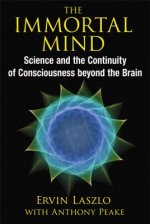
Immortal Mind
419 Kč -

Pandora's Hope
1097 Kč -
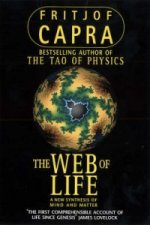
Web of Life
343 Kč -

Complexity
1270 Kč -
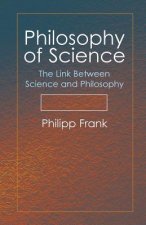
Philosophy of Science
462 Kč -

Ideas and Opinions
612 Kč -

Qualia Revolution
700 Kč -

Elegance and Enigma
1977 Kč -
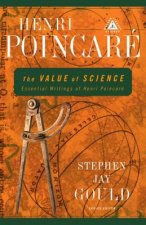
Value of Science
676 Kč
Osobní odběr Praha, Brno a 12903 dalších
Copyright ©2008-24 nejlevnejsi-knihy.cz Všechna práva vyhrazenaSoukromíCookies



 Vrácení do měsíce
Vrácení do měsíce 571 999 099 (8-15.30h)
571 999 099 (8-15.30h)